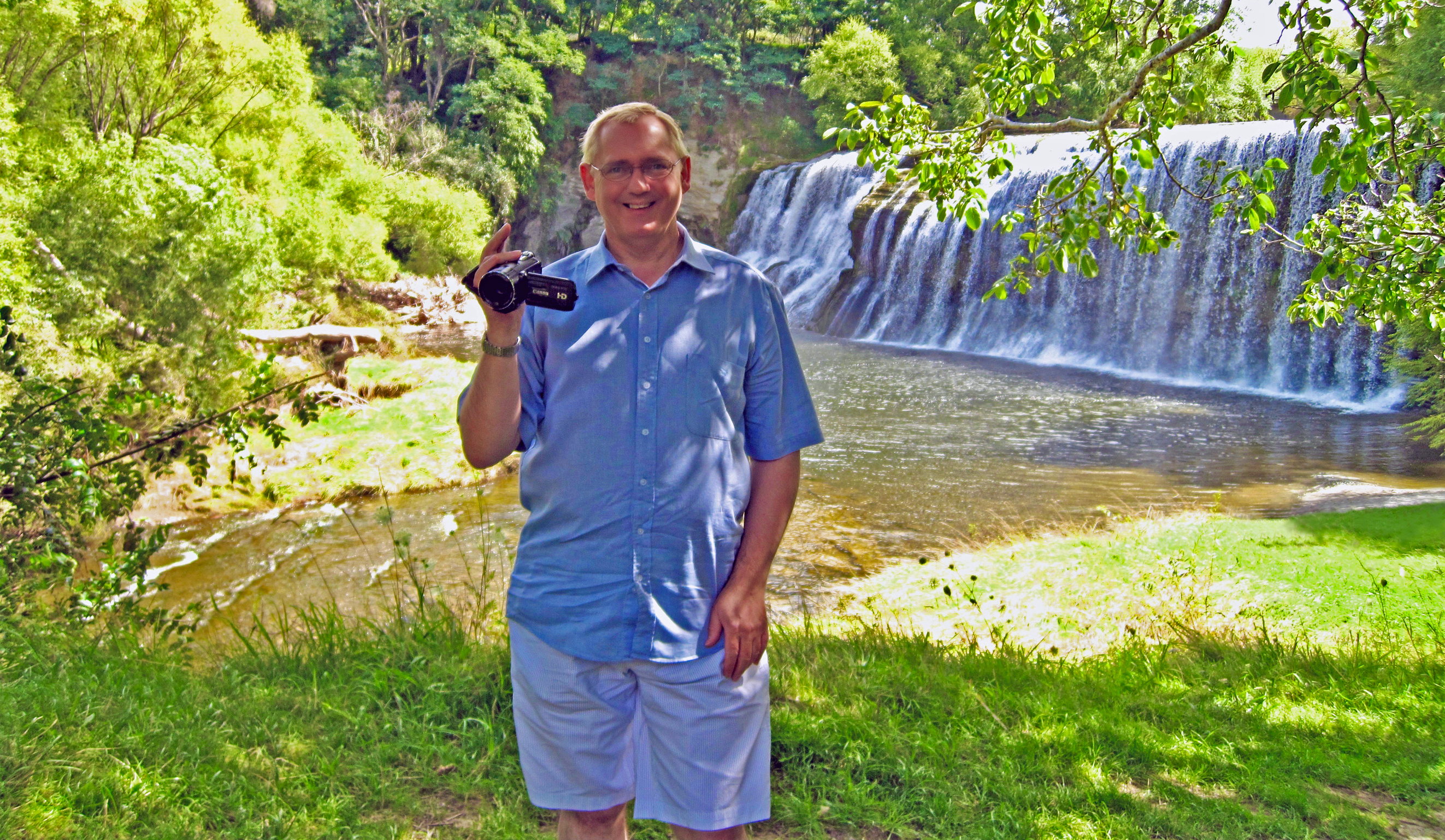2016
First Table Read of the Hikoi Screenplay
25/09/16 19:32 Filed in: Film Making | Hīkoi
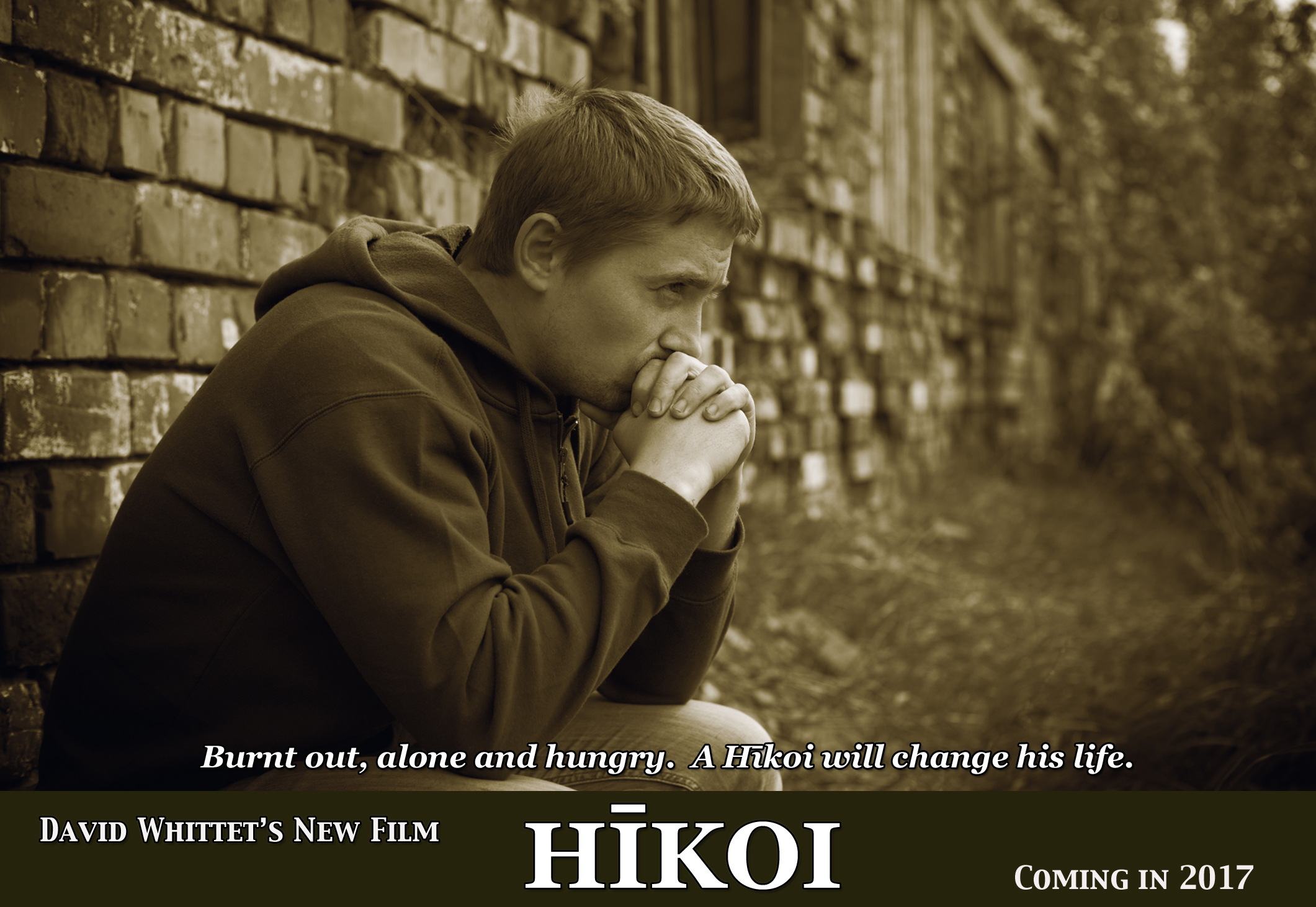
A dark rehearsal room in the shadow of the Auckland City Mission lit up with the first full table read of the Hikoi screenplay. Performing the read through in the authentic locations added poignancy and a gritty realism to the actors' delivery. The atmosphere was electric as Hikoi reached its dramatic climax.
I was overwhelmed by the end of the reading. Input from all the participants has been invaluable, and I am full of inspiration for the next script revision.
The Art of the Music Video
20/09/16 19:40 Filed in: Film Making | Hīkoi
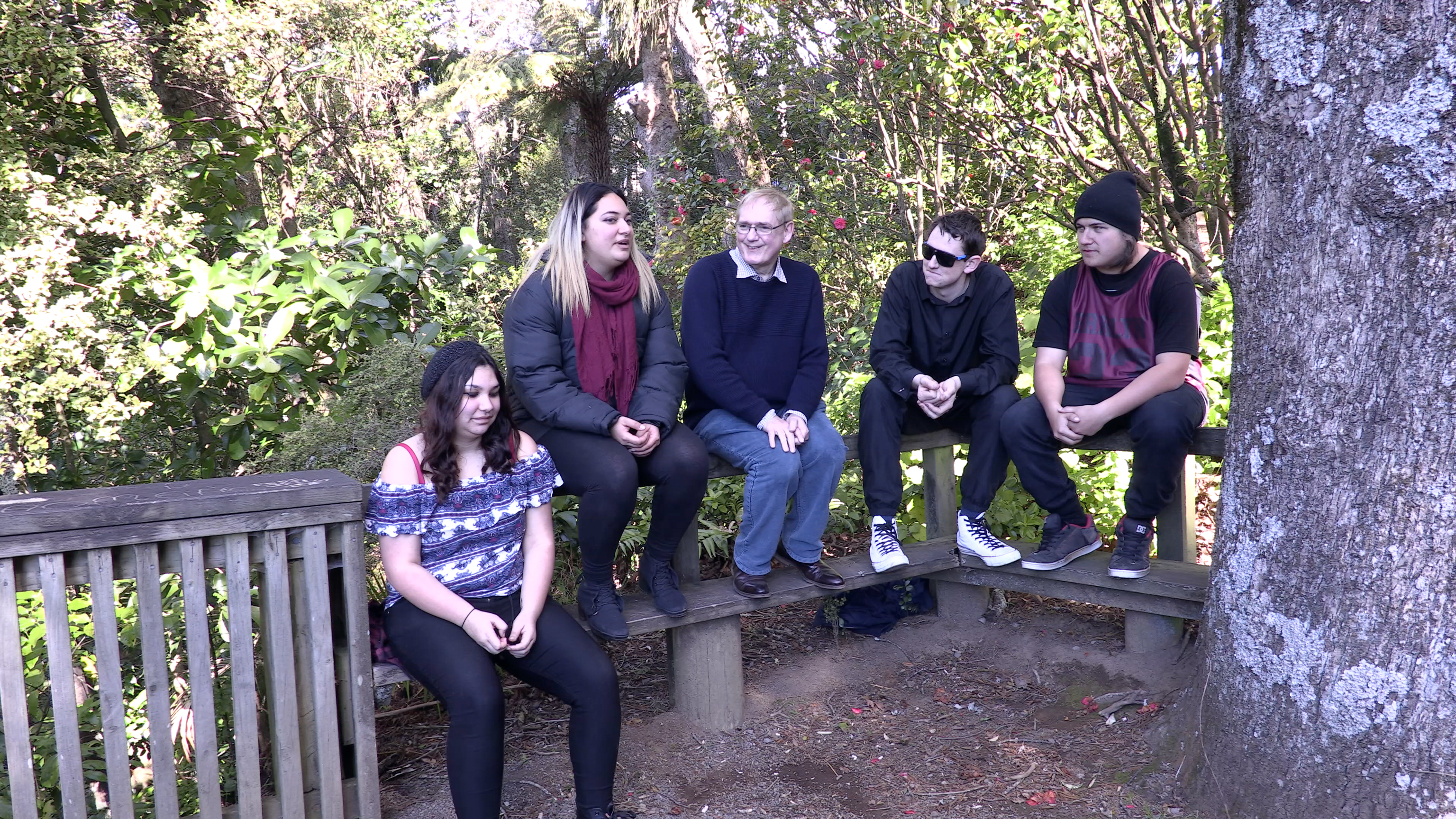
In many ways, music videos are a filmmaker's dream. It's like going back to the silent era, telling a story in pictures and music. Images are much more powerful without dialogue; it's cinematic art in its purest form. The Hikoi music video certainly promises to be a compelling piece of cinema.
I am taking a short break from editing the video as I head off to Auckland on Thursday for the New Zealand Script Writer Awards. In the meantime, here are a couple more behind the scenes photos from the shoot.
While in Auckland, we will have the first table read of the full Hikoi screenplay. I have made some major revisions to the story following the feedback from the international film festival circuit, and I am looking forward to the reading with actors playing the parts. Exciting times!
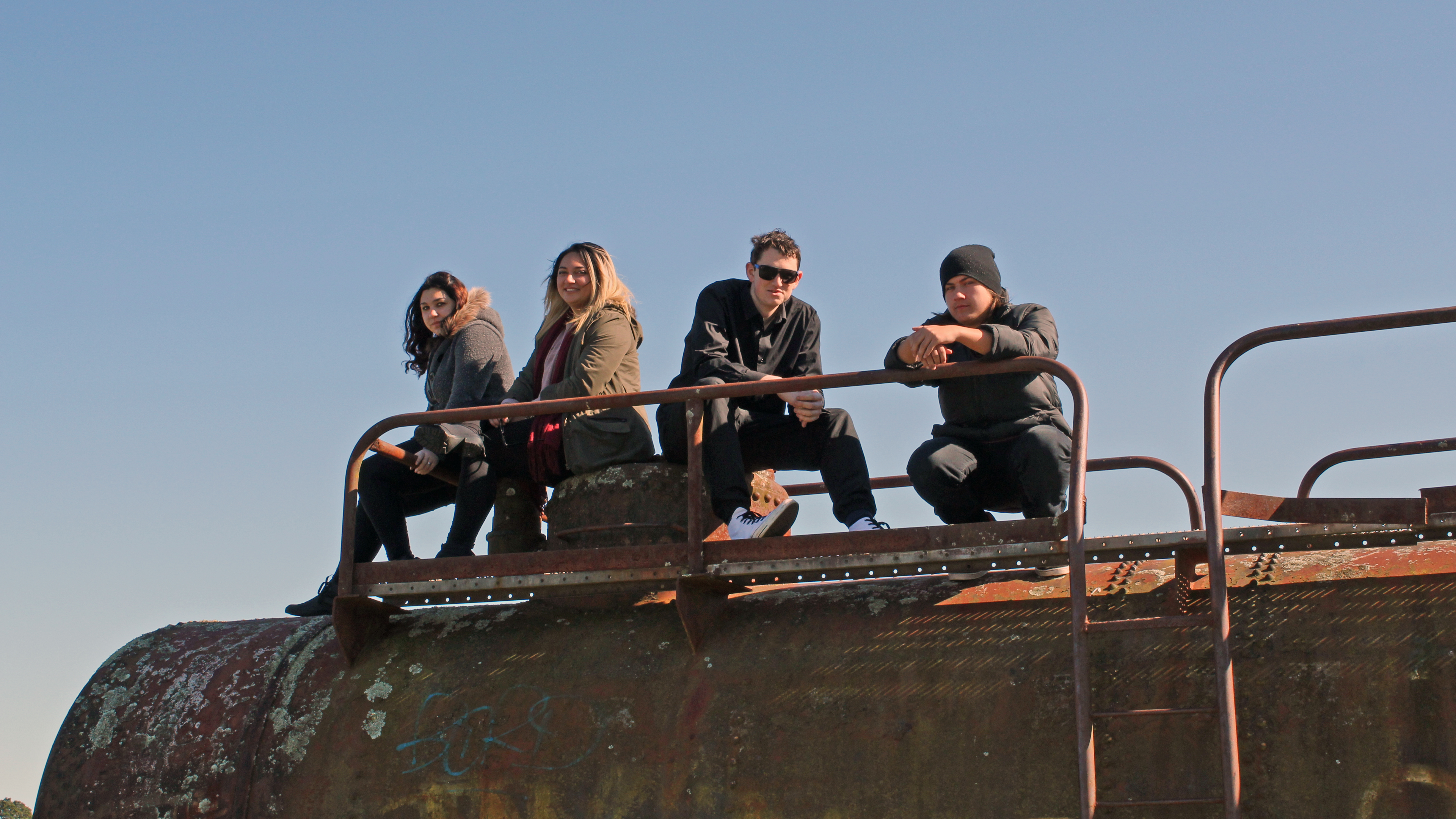
An Eloquent voice for the underprivileged
18/09/16 19:50 Filed in: Film Making | Hīkoi
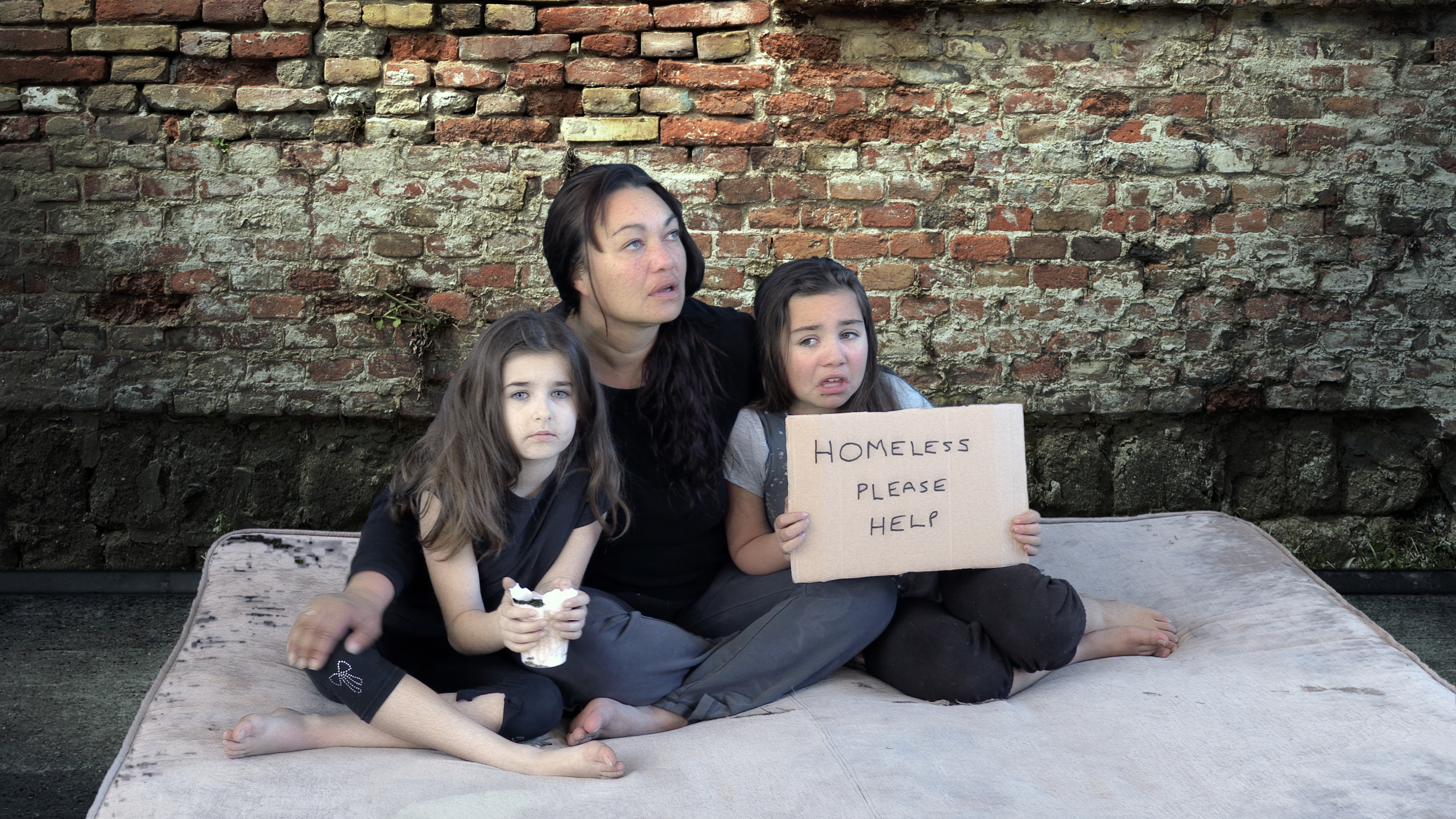
The excitement of last weekend's shoot continues as the Hīkoi music video comes together. Nikki's powerful song and the poignancy of our child actors speak eloquently for the underprivileged of our world. Even the unedited footage is spellbinding. I can't wait to bring you a preview!
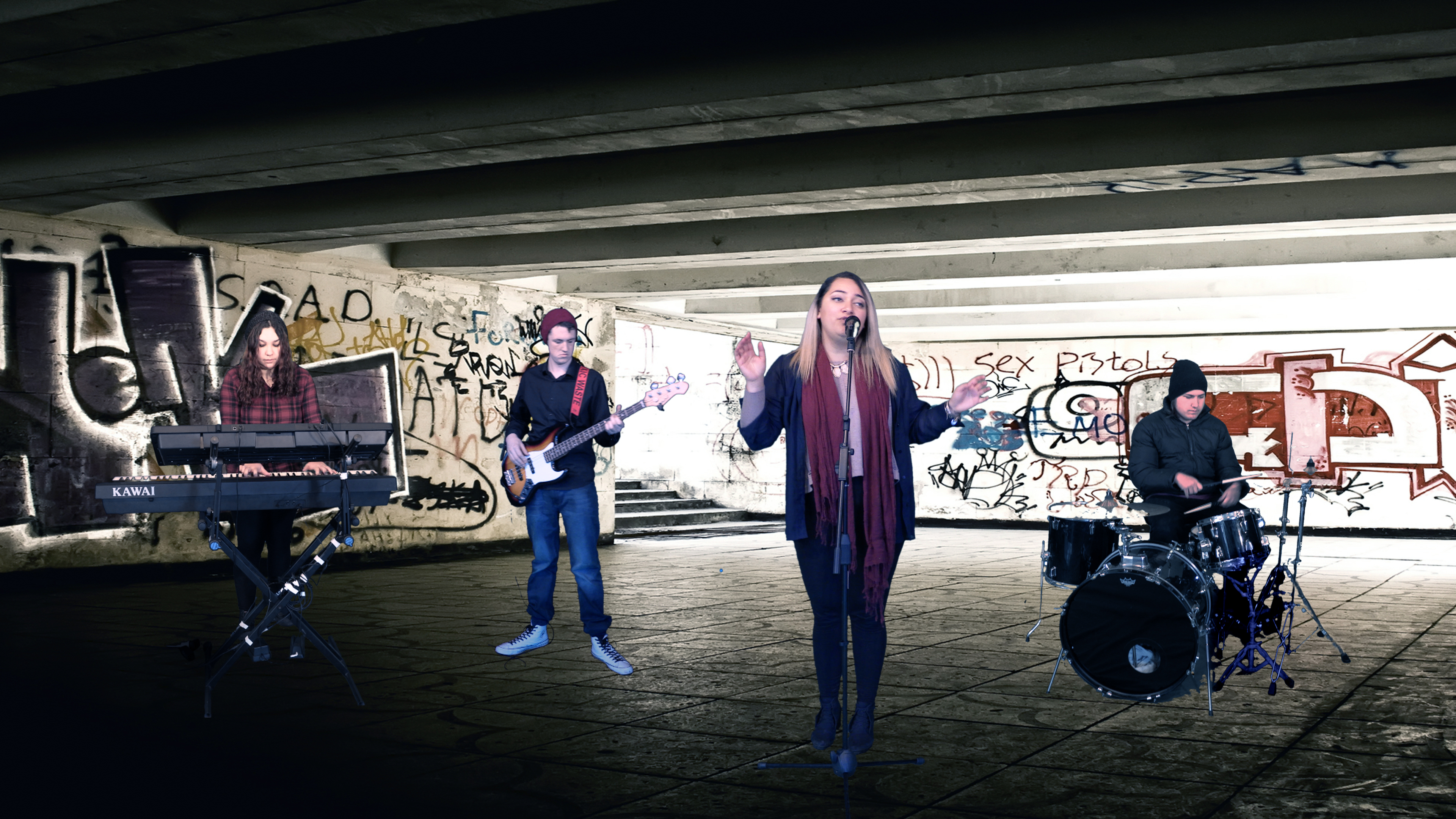
On Location with the Hikoi Music Video
11/09/16 19:59 Filed in: Film Making | Hīkoi
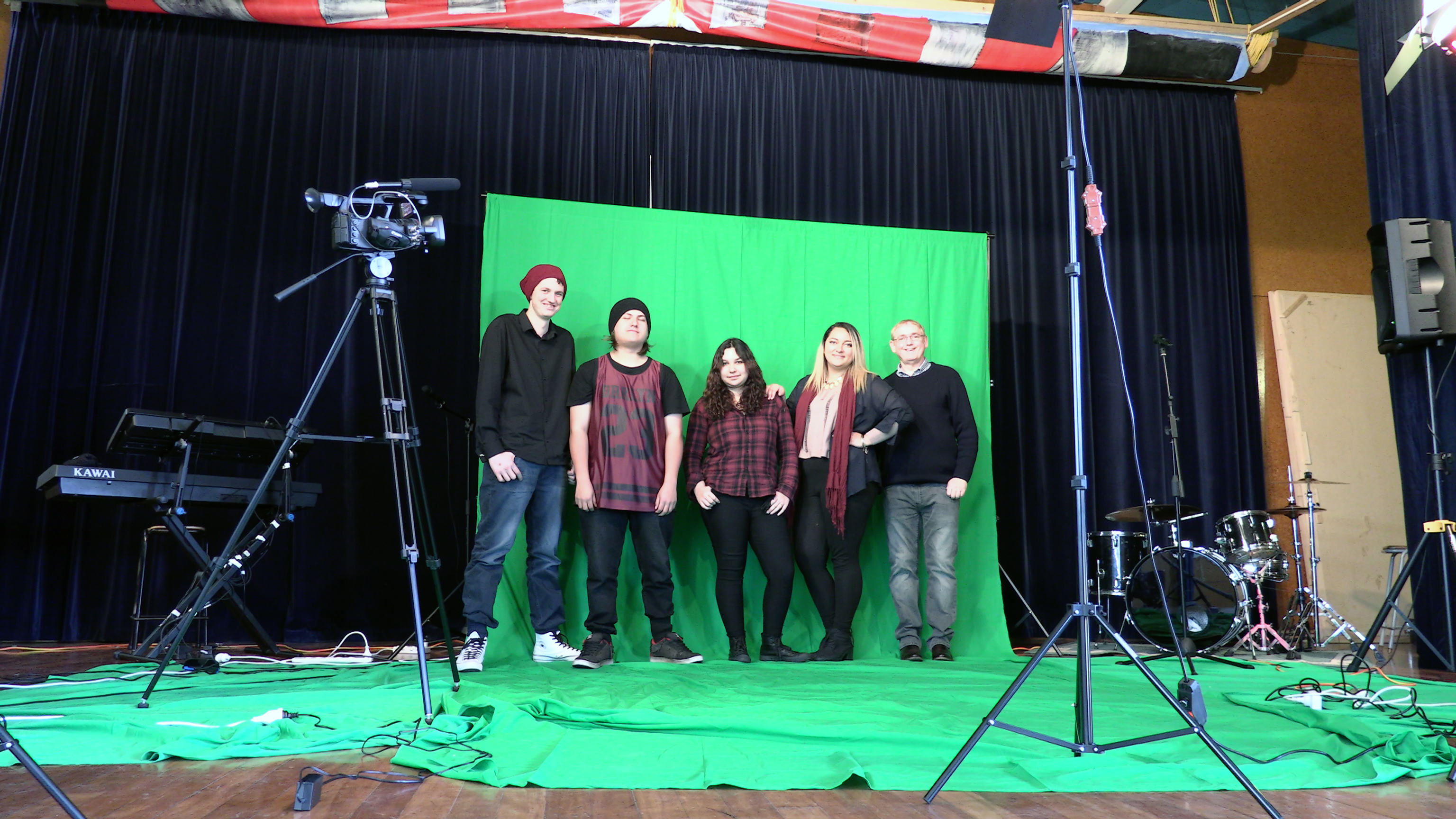
It's a wrap on a fantastic weekend shooting the Hikoi music video. Sincere thanks to everyone who made the shoot such a success, especially Nikki and the Descendents and our outstanding child actresses, who gave up their Saturday to learn what it is like to be homeless and hungry.
Watch out for more photos and behind the scenes footage over the next few days and a sneak preview of the music video!
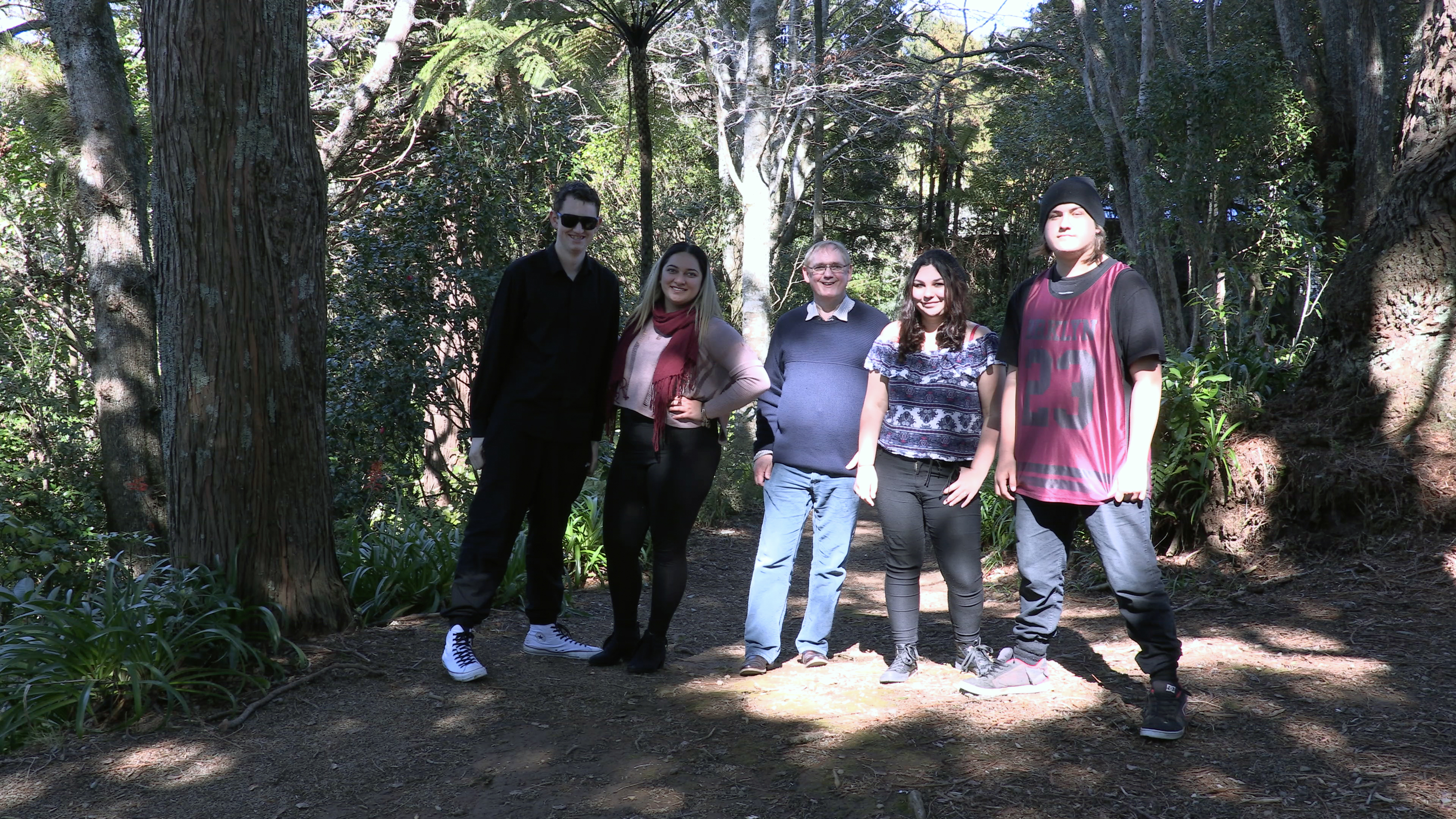
Hīkoi in Preproduction
30/08/16 14:35 Filed in: Film Making | Hīkoi
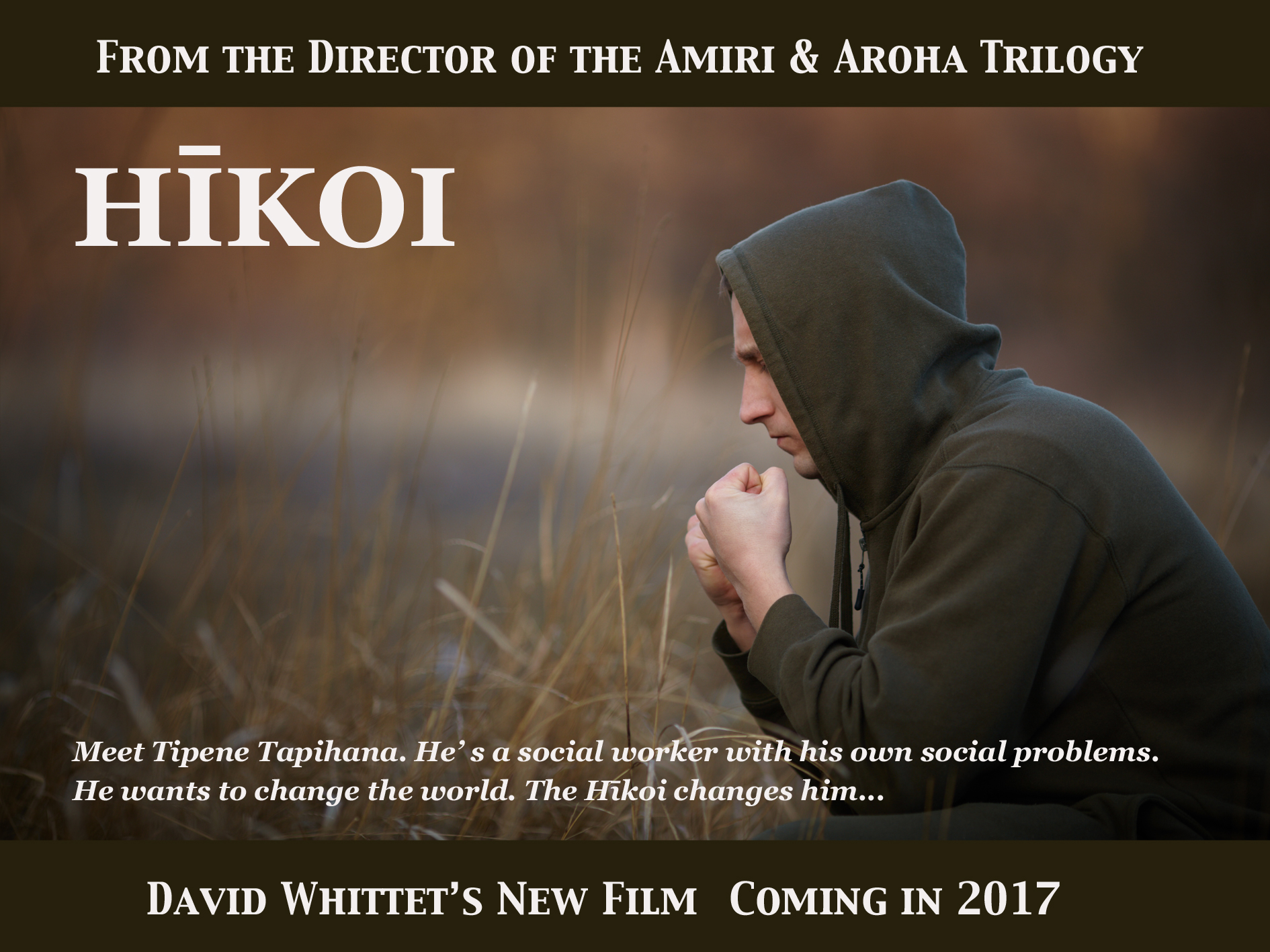
Hīkoi was inspired by the One News Multi-Party Leaders Debate on 05 September 2014, in the run up to the New Zealand General Election. Almost two years on, I have finally completed the screenplay.
The Leaders Debate focused on child poverty. My story centres on Tipene Tapihana, a young Māori trainee social worker, and his struggle to balance the impossible demands of his work with his own personal and social problems. Tipene is an idealist - he wants to change the world, but faced with burnout, it is the hīkoi that changes him.
I have weaved my story around real life events. The film opens with Tipene's frenzied reaction to the Leaders Debate. Subsequently, we see Tipene taking part in the Hīkoi of Protest against child poverty in Auckland's Queen Street in August 2014. The film culminates with the Hīkoi on the New Zealand Parliament on 20 May 2015, when protesters presented a petition with fifteen thousand signatures to the government, calling for an end to child poverty.
I have received fantastic feedback from screenwriting forums and the international film festival circuit. Professional coverage and table readings have enabled me to hone my script into a hard-hitting drama which deals with contemporary issues facing New Zealand and the world.
We are looking for a production partner for Hīkoi. Ideally, I would like to co-produce with a local production company. I am also hoping to attach some well known Kiwi actors to the project and hopefully we will go into production in 2017!
The Cameras roll on the Hīkoi Music Video in early September!
28/08/16 20:18 Filed in: Film Making | Hīkoi
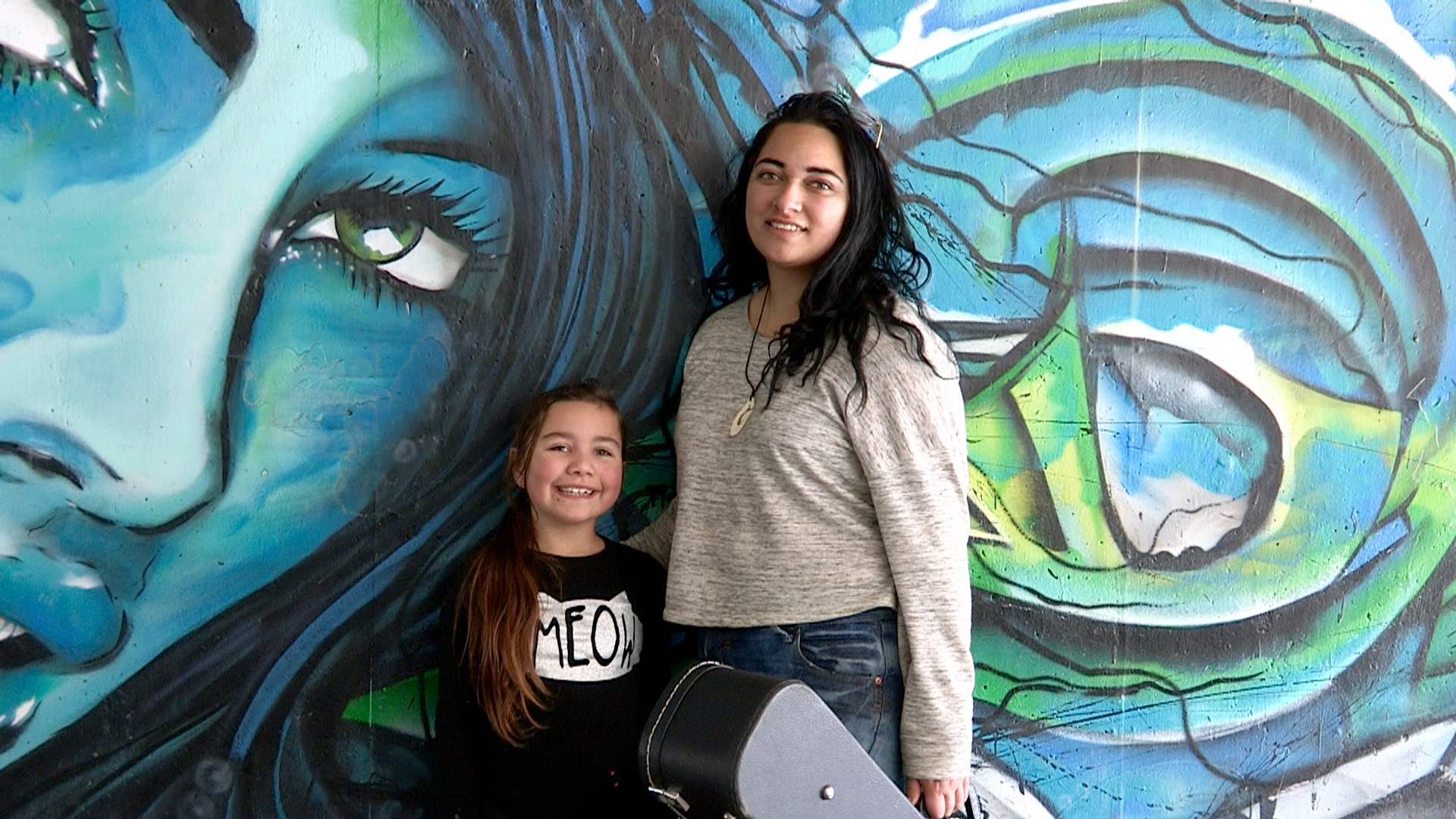
After so much time in front of a word processor, I can't wait to get back behind the camera!
With Amiri & Aroha at last in the hands of the publishers and the screenplay for Hīkoi in competition on the international film festival circuit, I have been turning my attention to the Hīkoi music video.
At the heart of the video is Nikki Te Ataarangi Brand's brilliantly evocative song. The video tells the touching story of an unusual friendship between a street musician (played by Nikki) and a homeless family. The music video will also introduce the lead character in the forthcoming Hīkoi feature film.
Music producers have been raving about the test footage we shot last year, with multiple invitations to submit to music festivals worldwide.
The cameras start rolling in Taranaki in early September. Keep watching for more news and a preview!
Amiri & Aroha - A New Zealand Story

A couple of years ago, when Amiri's Child won an Award of Excellence at the Accolade Global Film Festival, a Hollywood producer asked to buy the rights for Amiri & Aroha. There was even talk of a mini-series, to be marketed as "the next Sopranos."
In so many ways, the offer was a dream come true. The sum on the table was significant and the deal hard to resist. What's not to like about a fully funded production of the story, with guaranteed distribution and a possible spin-off. So why did I hesitate?
Amiri and Aroha is a quintessential New Zealand story. In selling the rights, I would have lost control. It became apparent that the sorry would become Americanised, the Māori culture at the heart of my story would be replaced by American street gangs. After much soul-searching, I turned the offer down.
With two leading international publishers now interested in Amiri & Aroha, I am convinced that I made the right choice. The project began as a Māori take on Romeo and Juliet, and while the story is universal, it is firmly grounded in New Zealand life. The East Cape and the magnificent Rere Falls are as essential as the characters in the drama. I cannot imagine this story taking place anywhere else.
I only hope that we can find a New Zealand producer who is equally captivated by the story so that we can make the definitive film of Amiri & Aroha.
Hīkoi Music Video to hit the big time in 4K!
17/04/16 14:41 Filed in: Film Making | Hīkoi
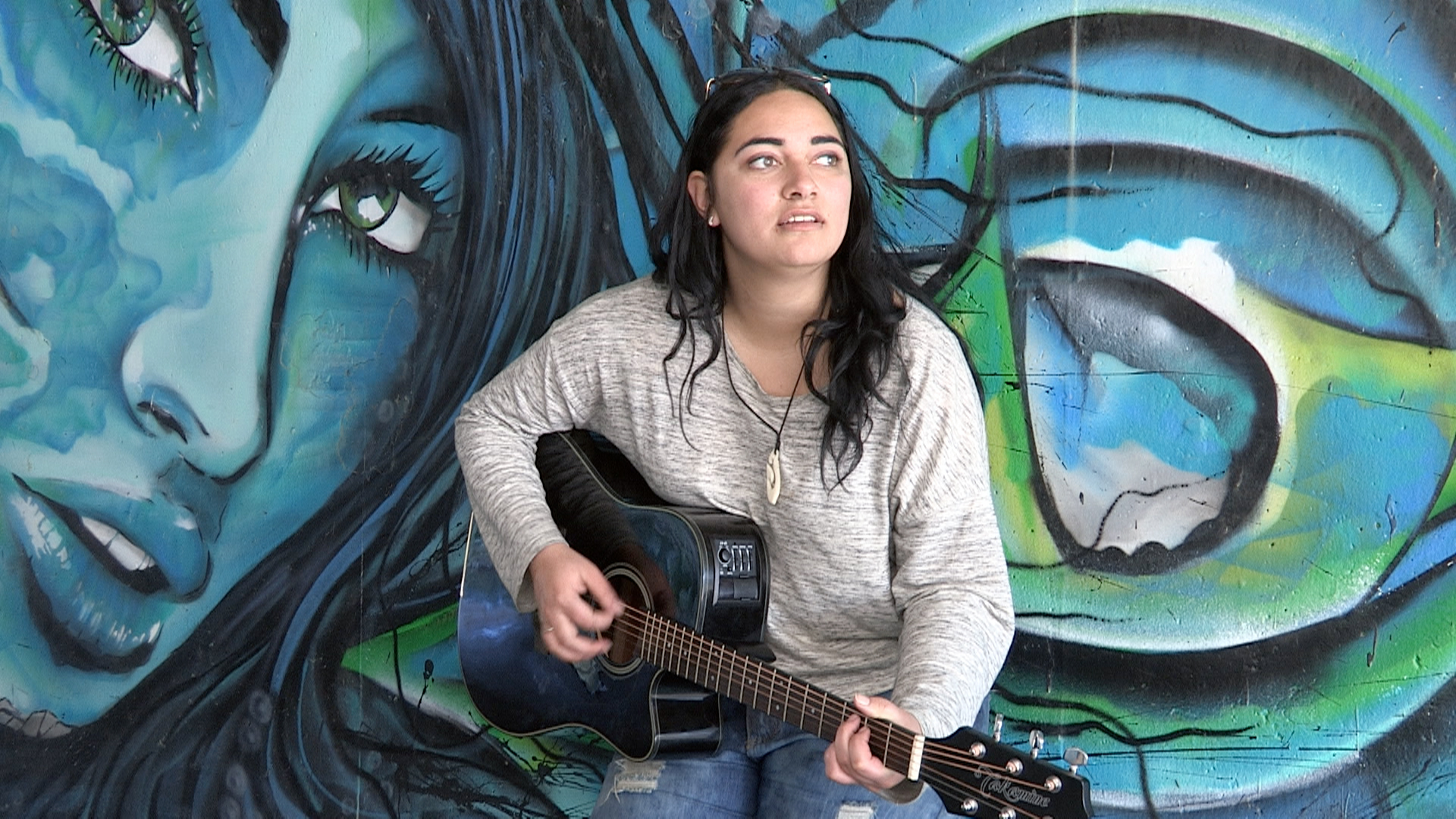
I have been talking to some music producers who are as excited about Nikki Te Ataarangi Brand's song for Hīkoi as I am myself.
The song is powerful and evocative, exactly matching the mood of the film. Last year we shot a thought provoking music video, featuring Nikki playing a street musician, seeing life in the raw through her eyes as she earns a meagre existence as a busker.
When I showed a rough cut of the footage to the music executives, they were so impressed by the impact of the song and the images that they have urged me to develop the project further and reshoot in 4K. It has been tremendous to get such positive feedback from those in the industry, and I appreciate their confidence that we have a potential award winner.
I am now looking forward to returning to Taranaki this Winter for another fantastic shoot with Nikki and The Descendants and our child stars. I am convinced that we will create something exceptional.
Nikki's song speaks eloquently for the underprivileged of our world. I hope my film will prove equally inspiring.
Books aren't written, they're rewritten!
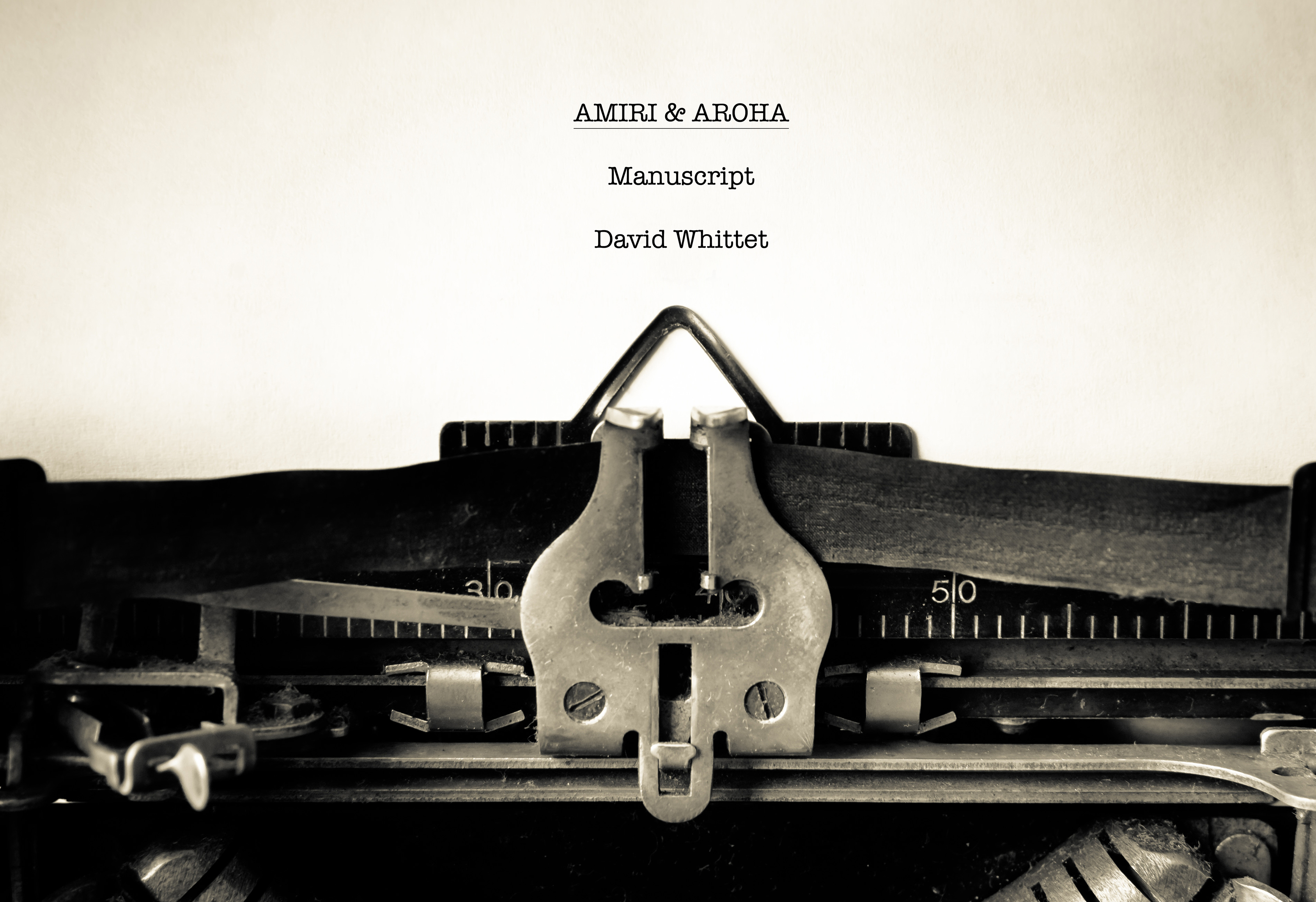
“Books aren't written - they're rewritten. Including your own. It is one of the hardest things to accept, especially after the seventh rewrite hasn't quite done it.” - Michael Crichton.
Although I am far beyond the seventh rewrite of Amiri & Aroha, Michael Crichton's perceptive words seem particularly appropriate. After seemingly endless years of work, the novel is almost ready for publication.
The experience has made me think about the difference between editing books and films. The filmmaker has an arsenal of tools at their disposal: the inflexion of the actor, the juxtaposition of contrasting images, and perhaps most evocative of all, the musical score. The writer has only the power of the written word to create atmosphere and tell their story.
Editing the novel of Amiri & Aroha has been profoundly different from cutting the film. Today's audiences demand fast moving drama, often forcing filmmakers to shorten and compress their work to deliver an ever more intense experience. In many ways, writing the book has been the opposite. My early reviewers consistently challenged me to provide more detail and background, to fill in the gaps in the story that were inherent in the film, which is, of its nature, and episodic medium.
There are similarities in technique. Where the filmmaker cuts rapidly to increase tension, the writer uses short, staccato sentences to achieve the same effect.
The novel will provide the definitive rendition of the Amiri & Aroha saga. At 500 pages and 180,000 words, the book is a genuine epic, but at its core remains a heartrending and gripping drama. It is my dream that a New Zealand production company will pick up the story, and we will see the definitive film version of Amiri & Aroha!
Still Searching for the Serpent of Lake Wakatipu
15/01/16 22:37 Filed in: Film Making | Max and the Monster
Another recce in Queenstown and still searching for the serpent of Lake Wakatipu!
Untold secrets about the adventure capital of New Zealand will be revealed when Max and the Monster hits a screen near you!
Andante and Thursday's Child Restored
11/01/16 21:19 Filed in: Film Making | Digital Restoration
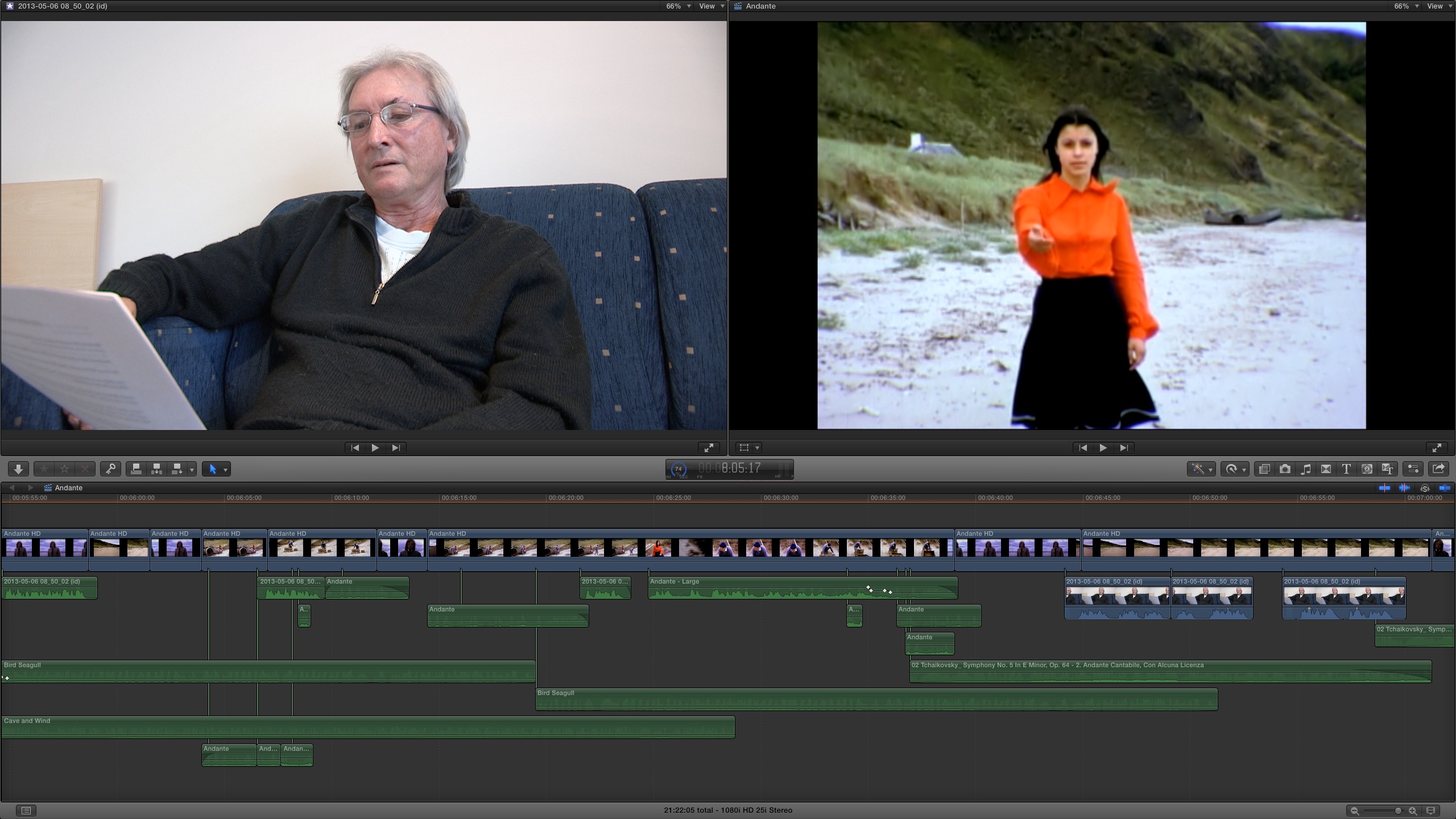
Happy New Year to everyone!
The new year is a time for reflection, and I have spent some leisure time over the holidays restoring some of my first films. Immersing myself in this archival footage has provided a unique opportunity to consider my aspirations as a filmmaker in those early days and contrast it with my present work.
Amongst my earliest films, two productions have a particular place in my affections. Thursday’s Child was my very first attempt at filmmaking, made during my last year at school. I shot Andante during my second year at medical school. Andante marked my first success in international competition and perhaps more than anything defined my visual style as a filmmaker.
Digital restoration of Andante has had its challenges. Shot on Super 8 film, the negative has deteriorated over the years. Nevertheless, the task has proved a labour of love. Despite the technical limitations of some scratched and grainy film stock, the film still holds a special magic. With a brand new soundtrack, with my old friend Dave Buckeridge (aka Warren Philp or the infamous Lamonge in Amiri & Aroha) providing the voice over, a brooding contemplative exploration of the central character’s mind.
The New Year promises great things. The novelisation of Amiri & Aroha is almost complete, allowing me to focus on my next production. is a hard-hitting contemporary drama focusing on child poverty. Reflection on my earliest work has provided invaluable insights as I get down to work on these new projects.
